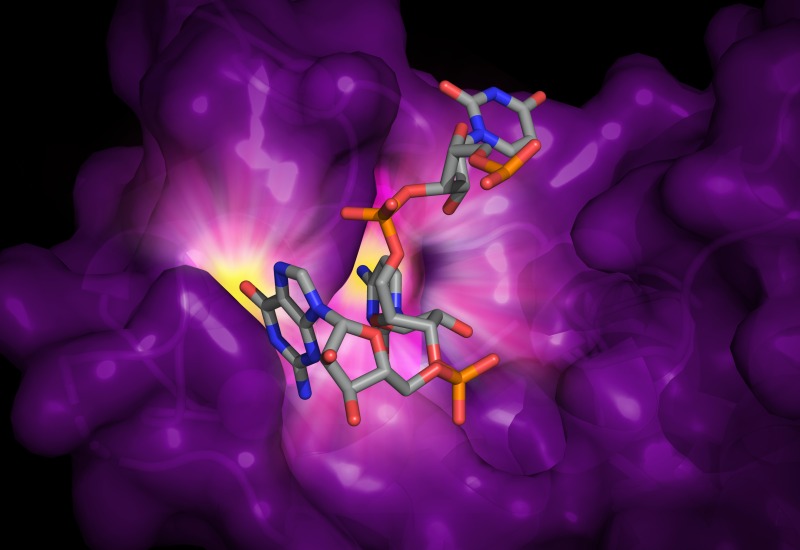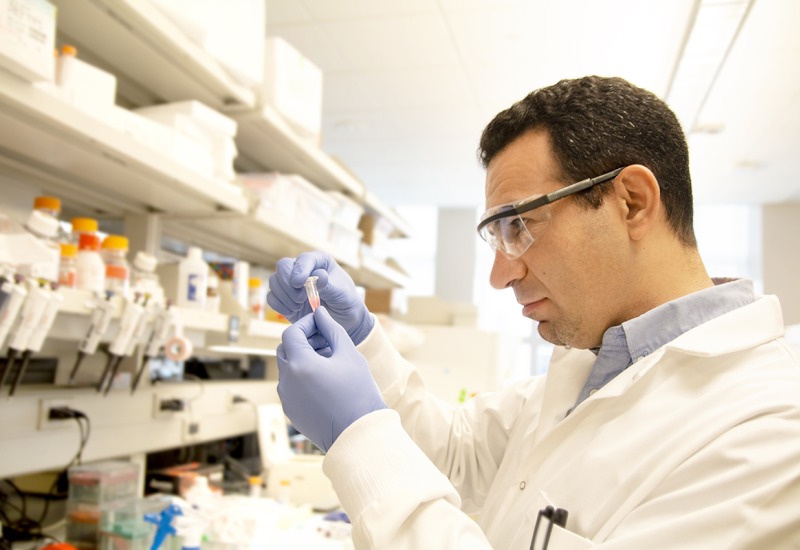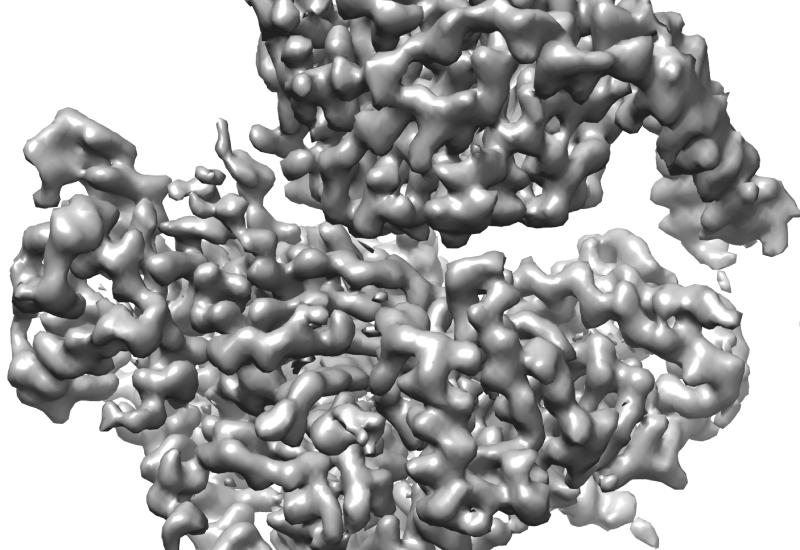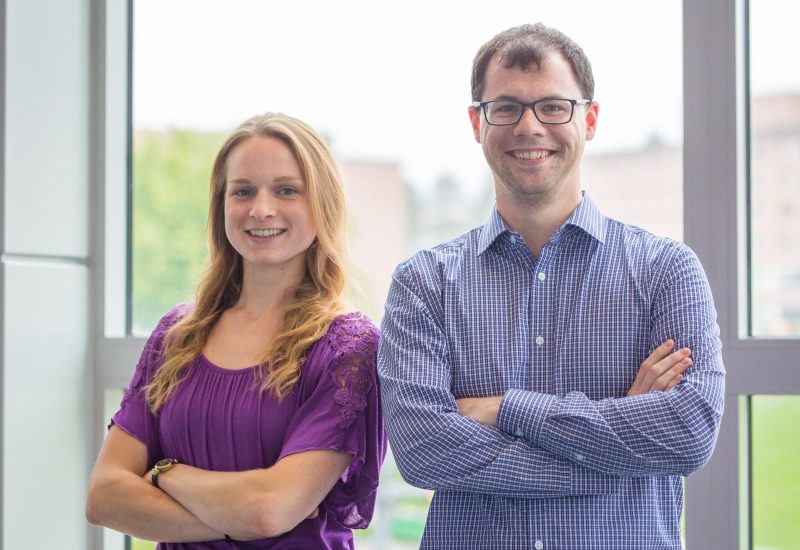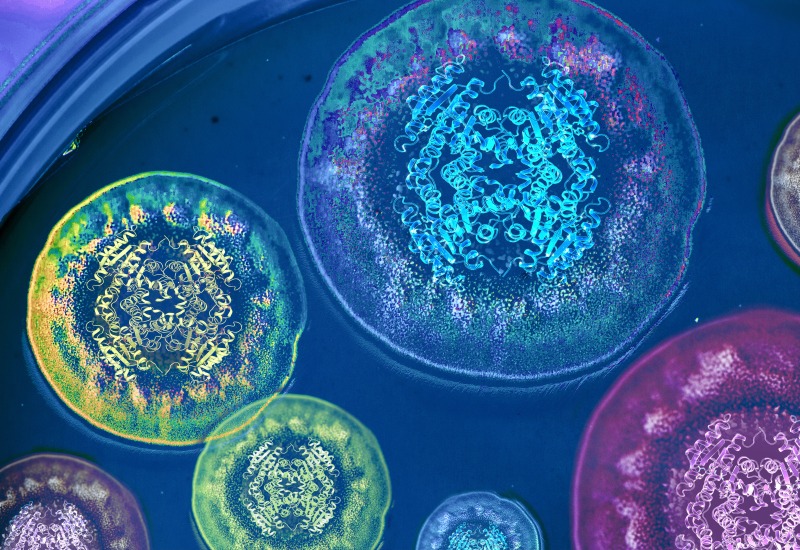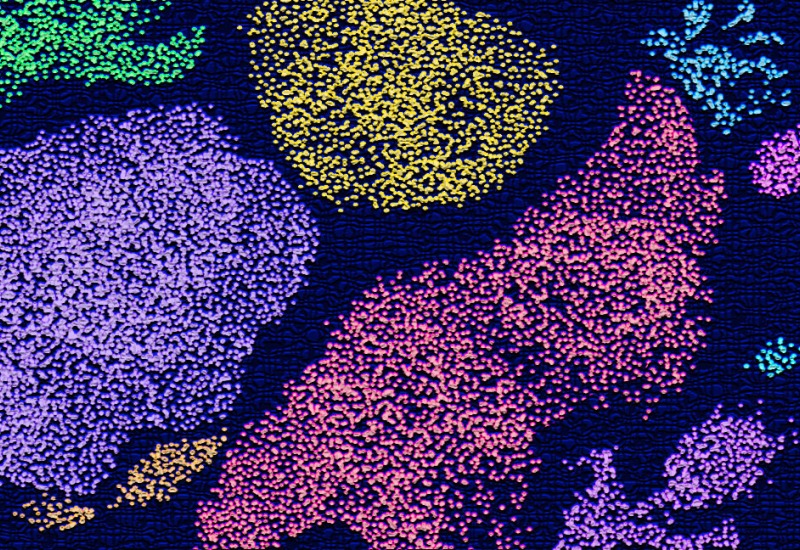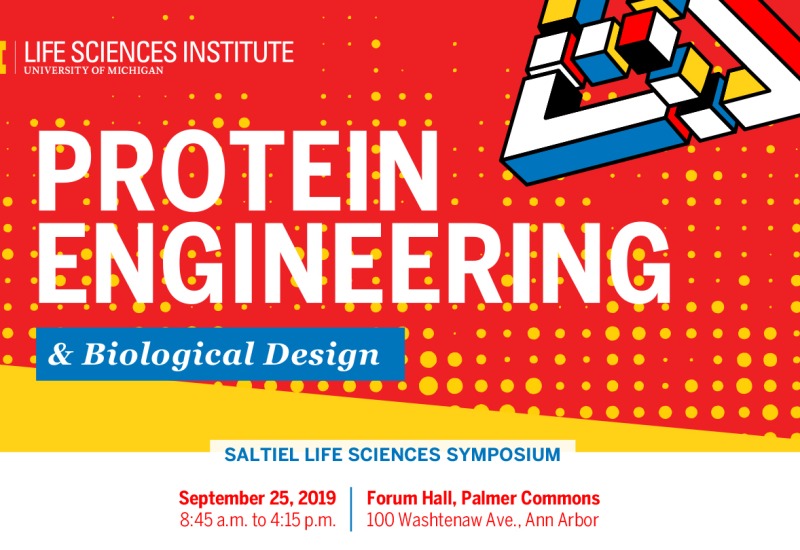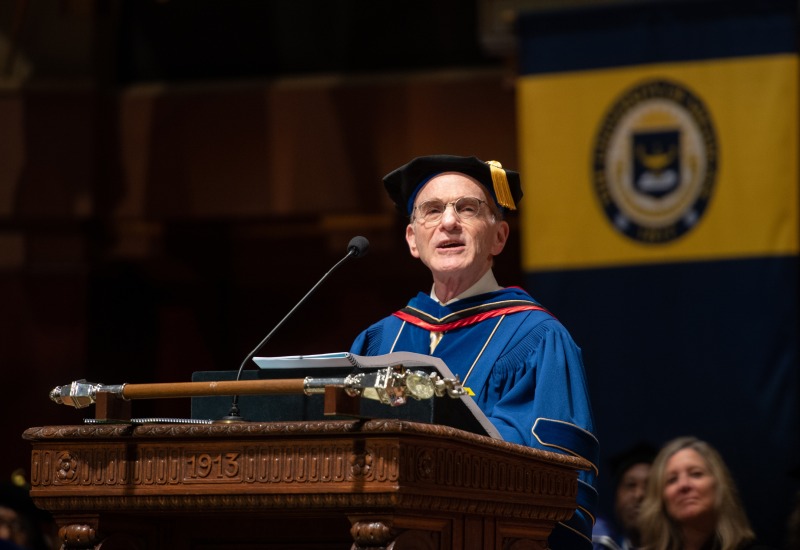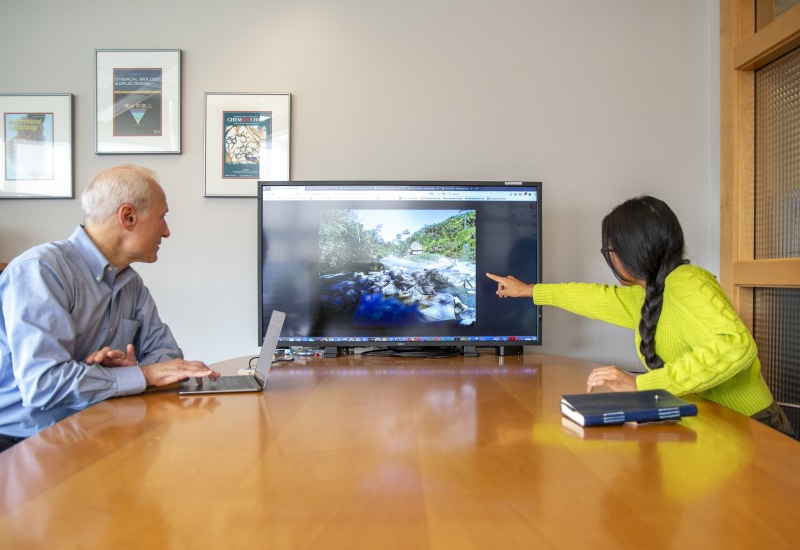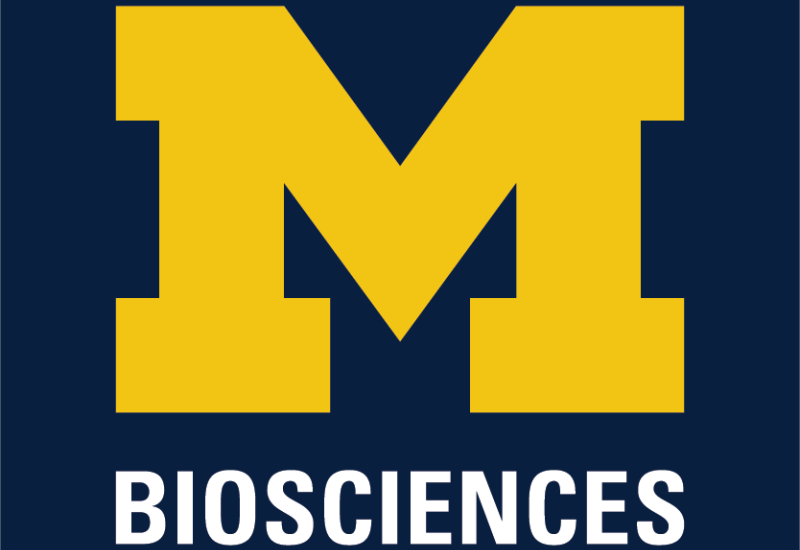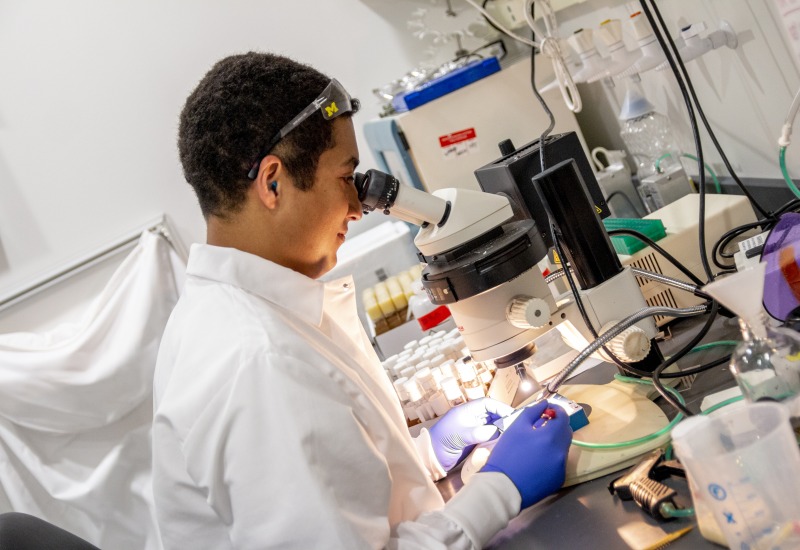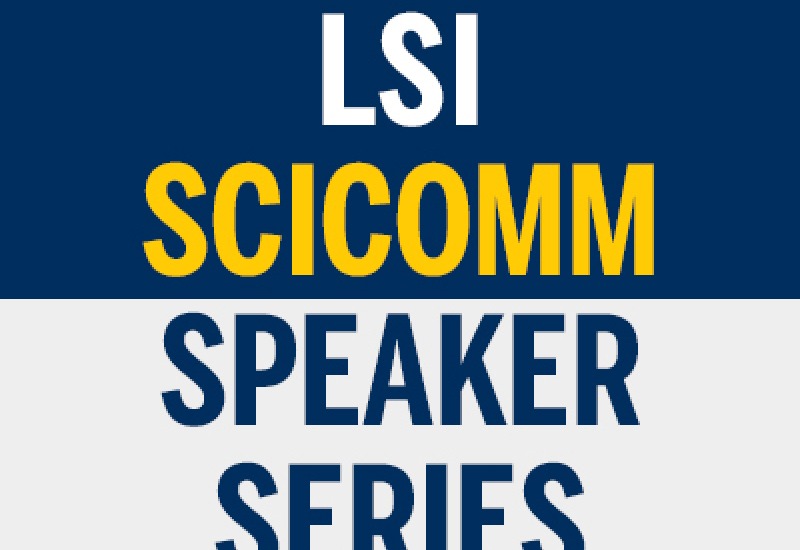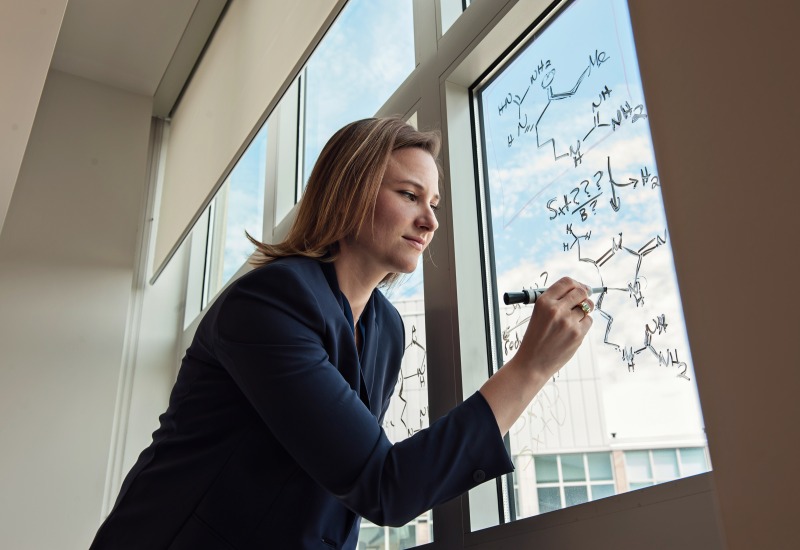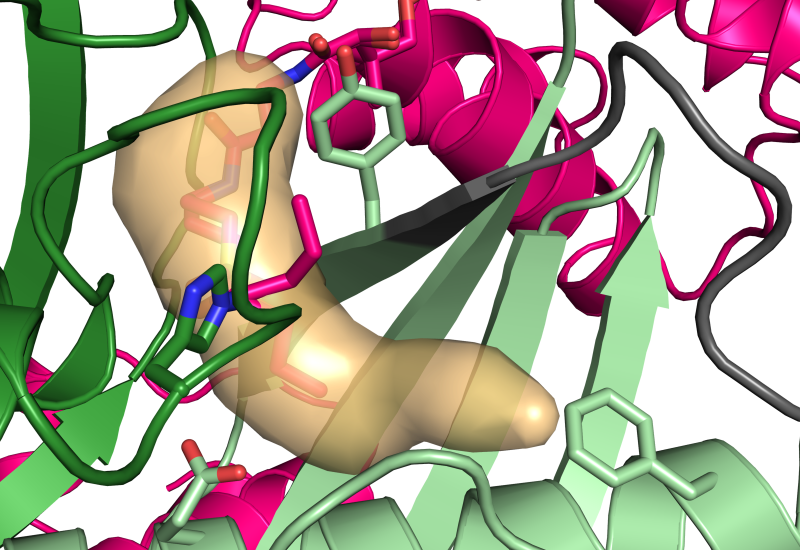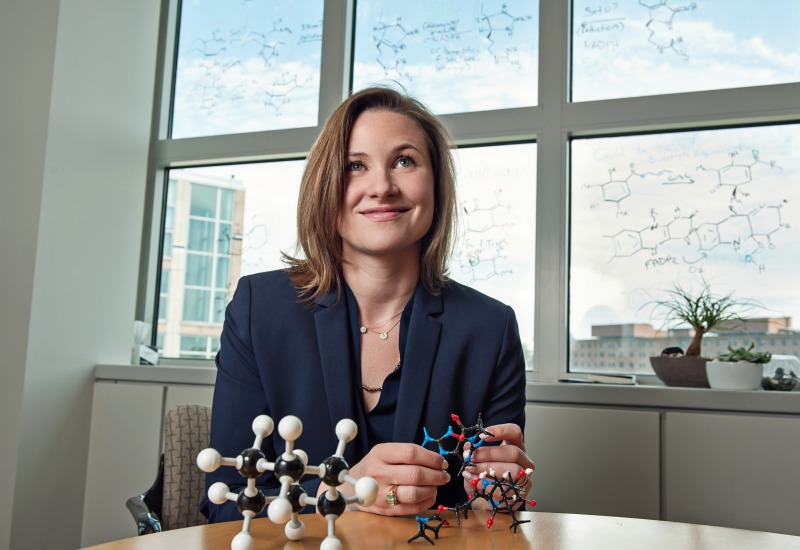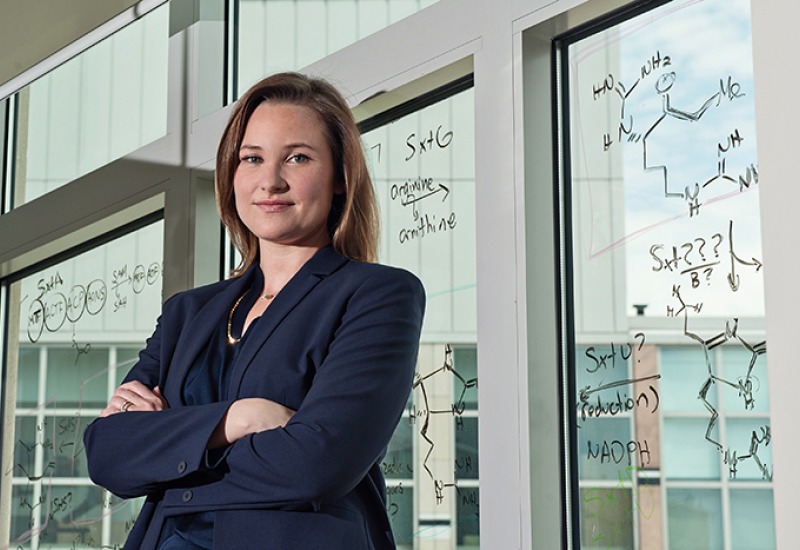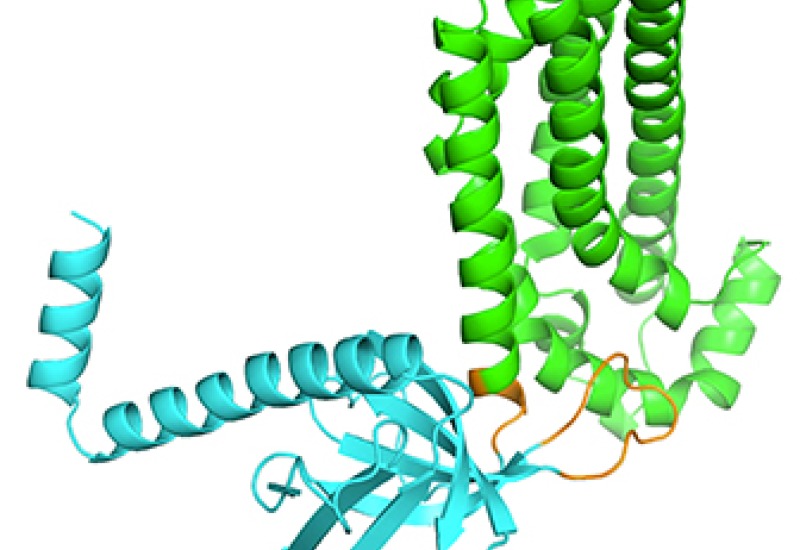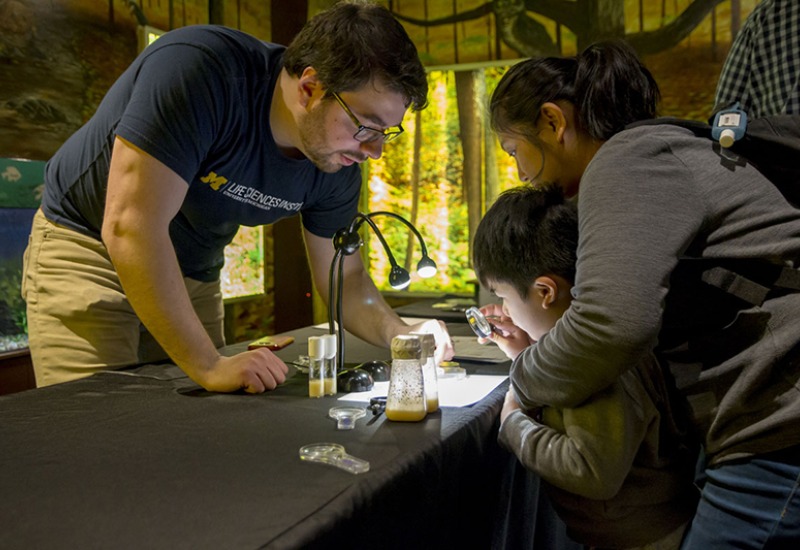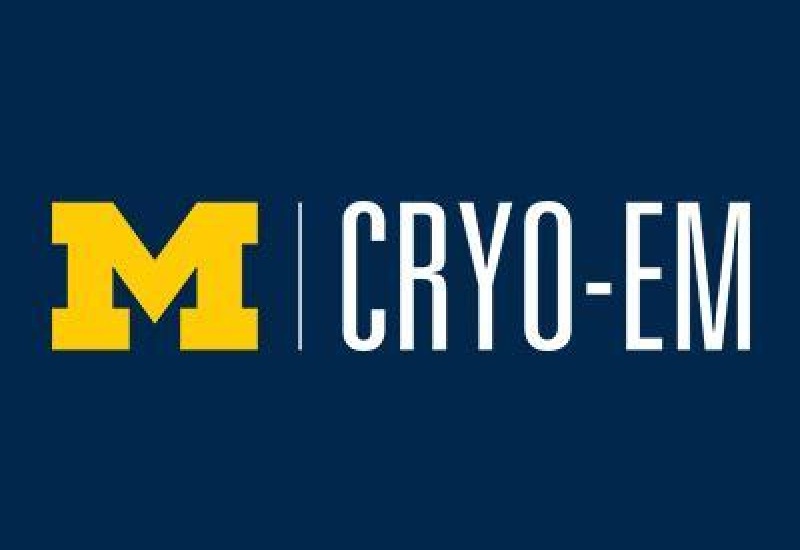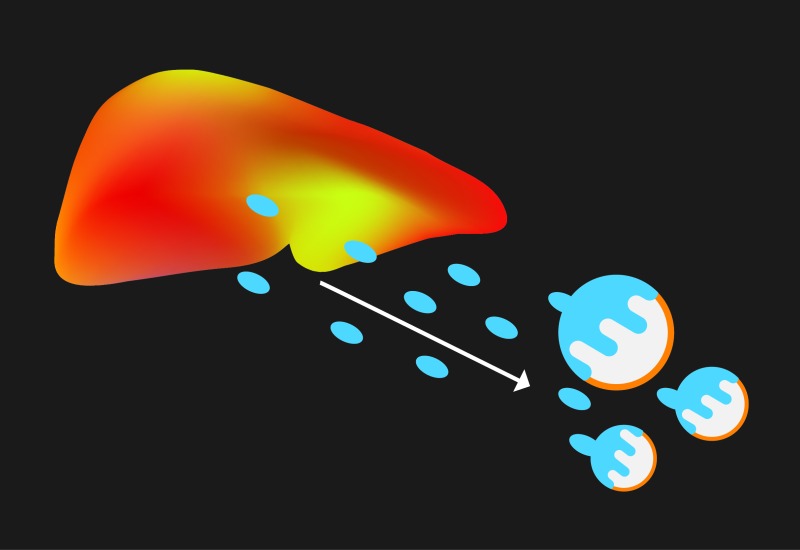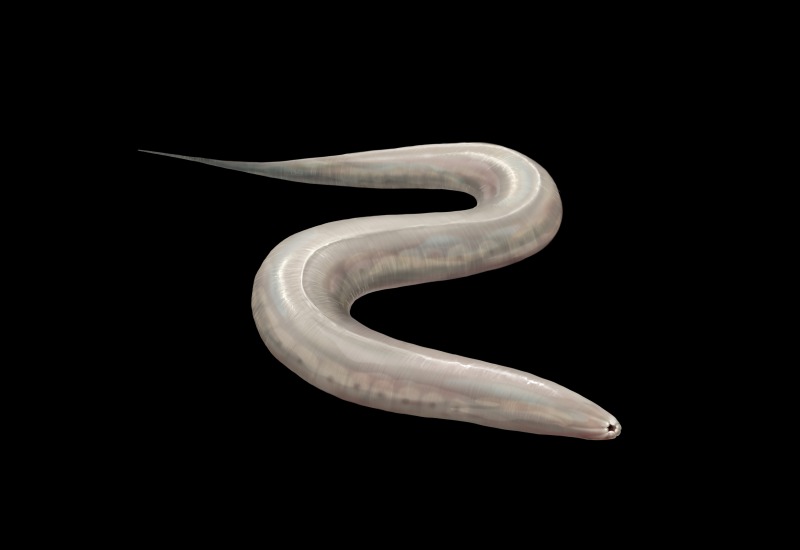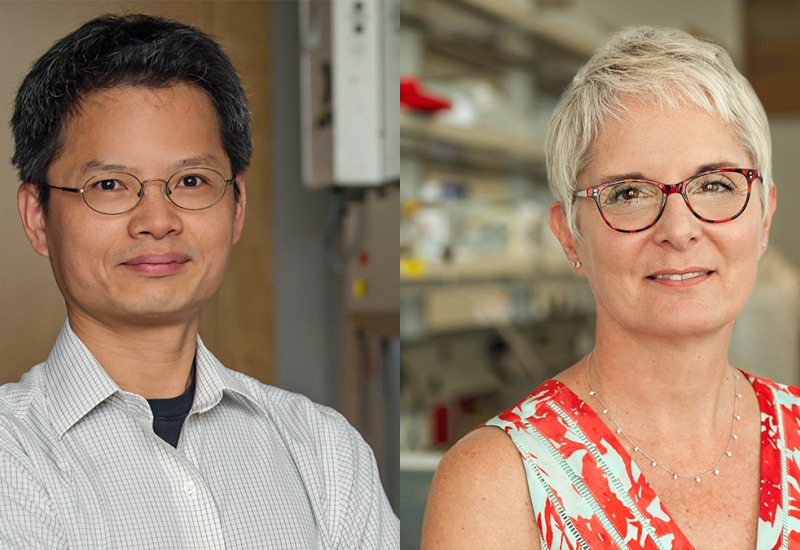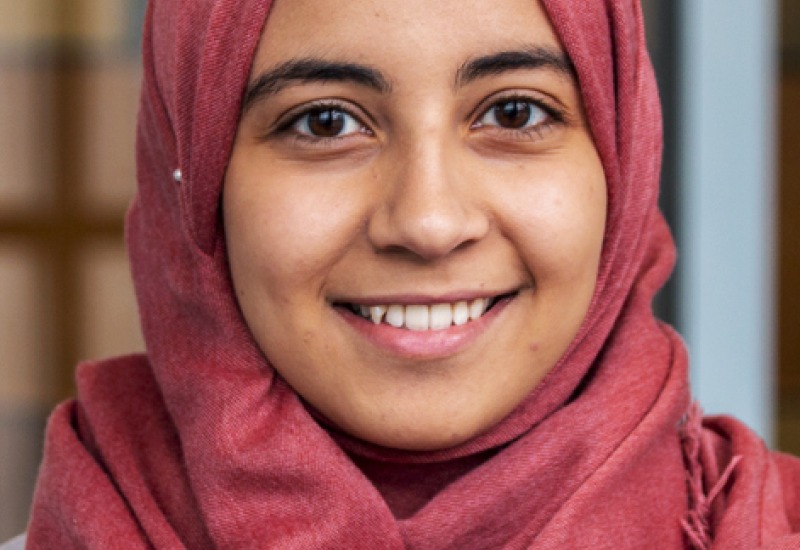New research explains how HIV avoids getting ZAPped
A new study reveals how an antiviral protein in our cells latches onto foreign invaders, and how some viruses — including HIV — evade capture.
Philanthropy fuels early-stage drug-discovery research for addressing obesity
Research investigator Isin Cakir, Ph.D., has been awarded the the 2019 Klatskin-Sutker Discovery Fund award to develop a suite of new molecules targeting obesity.
Study unveils the intricate way two proteins interact to promote cell movement and metastasis
Researchers have shed light on the molecular details of a protein-protein interaction that drives cell movement and cancer metastasis
LSI Cubed helps trainees turn high-risk ideas into high-impact findings
The LSI Cubed funding program is spurring innovative, trainee-led research projects, and already resulting in high-impact scientific findings.
Researchers resolve how fungi produce compounds with potential pharmaceutical applications
Researchers have solved a nearly 50-year-old mystery of how fungi produce a large class of bioactive compounds, revealing a chemical reaction reaction that is nearly unprecedented in nature
This protein is how creatures sense cold, researchers discover — and it’s found in organisms ranging from tiny worms to humans
Researchers have identified the first known cold-sensing protein to respond to extreme cold.
One cell at a time, researchers create a blueprint of liver cells in health and disease
Researchers have created a high-resolution picture of the cells at work inside a key hub of metabolism — the liver — and how individual cell types are reprogrammed in disease.
Life Sciences Symposium explores the power of protein engineering
The 2019 symposium will bring pioneers in the field of protein engineering to the University of Michigan to discuss the new technologies and applications that are advancing the field across scientific disciplines.
Randy Schekman is excited about the future of basic science (and thinks you should be, too)
Nobel laureate Randy Schekman sat down with LSI faculty member and fellow cell biologist Yukiko Yamashita to discuss his approach to shaping a scientific career, the changing landscape of basic research, his thoughts on broadening the reach of academic publishing and his advice for aspiring scientists
Seeking bacterial survival mechanisms in the ‘MicroAmazon’
LSI researchers are traveling more than 3,500 miles from Michigan to the Mayantuyacu Community in Peru in search of the organisms that can survive in a river so hot, it boils.
Inaugural Biosciences Initiative faculty hire
The University of Michigan Biosciences Initiative is proud to announce the onboarding of Roland Kersten, Ph.D., as its first expert faculty hire.
Second cohort of Michigan Life Sciences Fellows expands the program’s reach and impact
Meet the newest MLSF fellows, who are investigating important questions related to multiple sclerosis, triple-negative breast cancer, and how complex living architectures form.
New SciComm Speaker Series bolsters university efforts to engage public in scientific inquiry
The Life Sciences Institute is launching an annual series of public talks highlighting the importance of disseminating scientific findings beyond the walls of the academy.
Innovating on all fronts
Alison Narayan, Ph.D., is one of only two researchers nationwide to be named both a 2019 Sloan Research Fellow and a 2019 Cottrell Scholar Award recipient. Taken together, these two awards illustrate Narayan’s passion for advancing bold, new approaches to chemistry within her lab and within in undergraduate classrooms where she can help shape the next generation of innovative chemists.
Scientists discover how proteins interact along metabolic pathway
Research writes new chapter in the story of fatty acid biosynthesis and its potential for new antibiotics and renewable resources
Three U-M researchers chosen Cottrell Scholars
LSI faculty member Alison Narayan was one of three U-M professors to be named a 2019 Cottrell Scholar.
Three U-M researchers chosen for Sloan Foundation Fellowship
LSI faculty member Alison Narayan was one of three U-M professors to be named a 2019 Sloan Research Fellow.
Solving a key protein’s structure offers new opportunities for targeting the most common form of eye cancer
Researchers have solved the structure of a key protein that is over-activated in 90 percent of cases of uveal melanoma.
New award recognizes LSI community’s outreach activities
LSI Outreach Awards recognize the value of our community members' efforts to connect research, teaching and service to the public
LSI Cubed funds new round of trainee-initiated, multi-lab research projects
Four teams of graduate students and postdoctoral fellows will soon launch their own cross-lab, interdisciplinary projects, with funding from the LSI Cubed program.
Applications open for annual hands-on cryo-EM data workshop
The University of Michigan Life Sciences Institute will lead a five-day cryo-electron microscopy workshop in June to introduce participants to common image processing software packages.
When the body is in overdrive, this liver hormone puts the brakes on metabolism, researchers find
Researchers have identified a hormone produced by the liver that tells the body to downshift its metabolism when it’s expending a lot of energy, revealing a potential target for treating metabolic disorders.
Living a stronger and longer life — What U-M scientists are learning from worms
Research from the LSI has uncovered a cause of declining motor function and increase frailty in tiny aging worms — and a way to slow it down.
Two LSI scientists named AAAS fellows
Fifteen researchers at the University of Michigan — including two from the Life Sciences Institute — have been named fellows of the American Association for the Advancement of Science, an honor bestowed upon AAAS members by their peers.
LSI staffer named first Rhodes Scholar for Saudi Arabia
LSI staffer Majd Abdulghani was named first Rhodes Scholar for Saudi Arabia.



